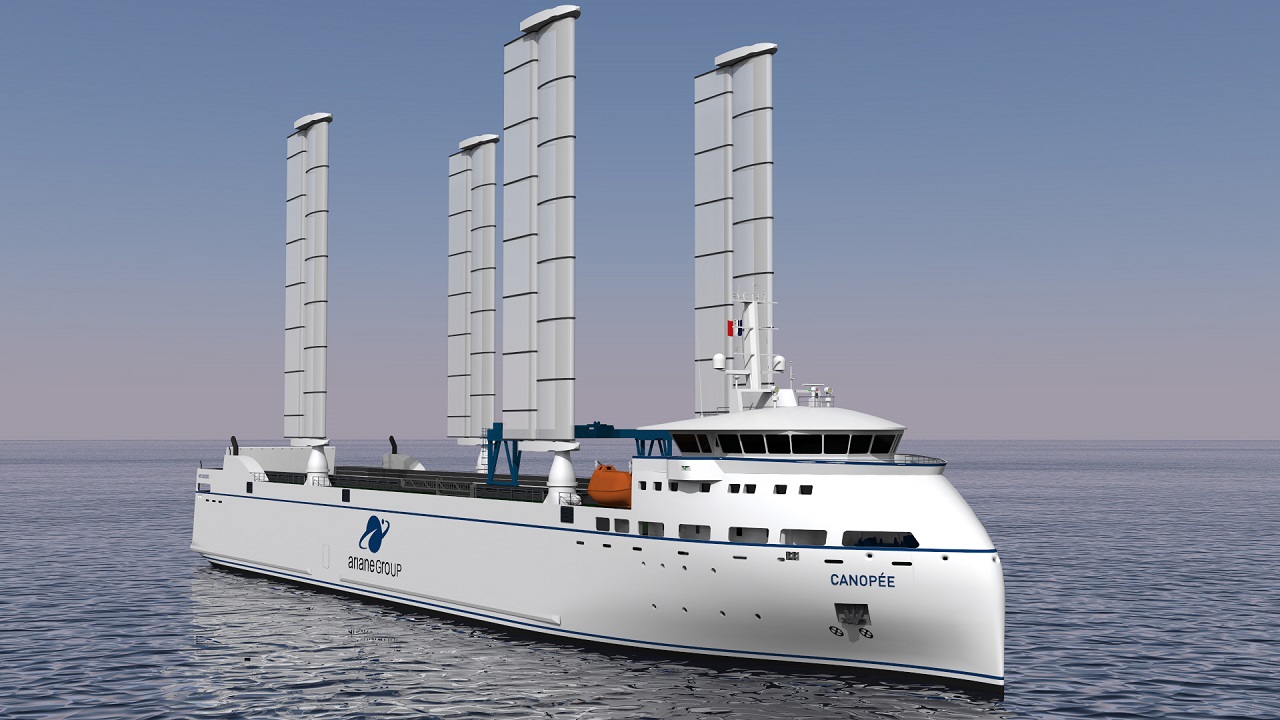Canopée, the first wind-powered cargo ship, will carry a significant cargo of Europe. The company that designs Europe’s important payloads in space has taken action for this wind-powered ship. The ship, which took 6 years to build, carries the Ariane 6 rocket to the launch site. Additionally, this custom-built ship uses giant sails to reduce carbon emissions. Here are the details…
Wind-powered cargo ship takes Europe’s Ariane 6 rocket to launch site!
After numerous setbacks, the European Space Agency recently announced that its next-generation rocket, the Ariane 6 rocket, will be launched in just six months. If successful, the heavy-lift launcher would restore the continent’s independent access to its satellites. In this way, the European Space Agency ESA will strengthen its place in space.

Parts of the rocket are produced in factories across Europe. The rocket’s parts will be assembled at ESA’s spaceport in French Guiana. For this process, parts of the Ariane 6 Rocket must be transported across the Atlantic Ocean. This offshore region is currently home to Europe’s only active spaceport.
ArianeGroup is behind the rocket. The company took responsibility for the ship that will carry the parts of the Ariane 6 Rocket. To tackle this task, he built a custom-made ship called Canopée. Additionally, the company announced to the world that this is the world’s first wind-powered hybrid industrial cargo ship.
The wind-powered cargo ship took six years to build. Additionally, the ship, called Canopée, has four massive “Ocean Wings” that assist diesel engines while in motion. Thus, the wings reduce fuel consumption by approximately 30%.
The invention of French startup AYRO, these fully retractable sails have a height of 37 meters and a width of 11 meters. It automatically adjusts according to wind conditions. In this way, it maximizes the thrust force.
The first wind-powered cargo ship, 121 m long and 22 m wide, went down in history as the successful combination of diesel propulsion and wind support. It was also a promising step forward in the decarbonisation of industrial shipping. Global transportation accounts for 3% of the sector’s greenhouse gas emissions. This figure represents a larger proportion than the aviation industry. The company aims to solve this problem by popularizing wind-powered cargo ships.